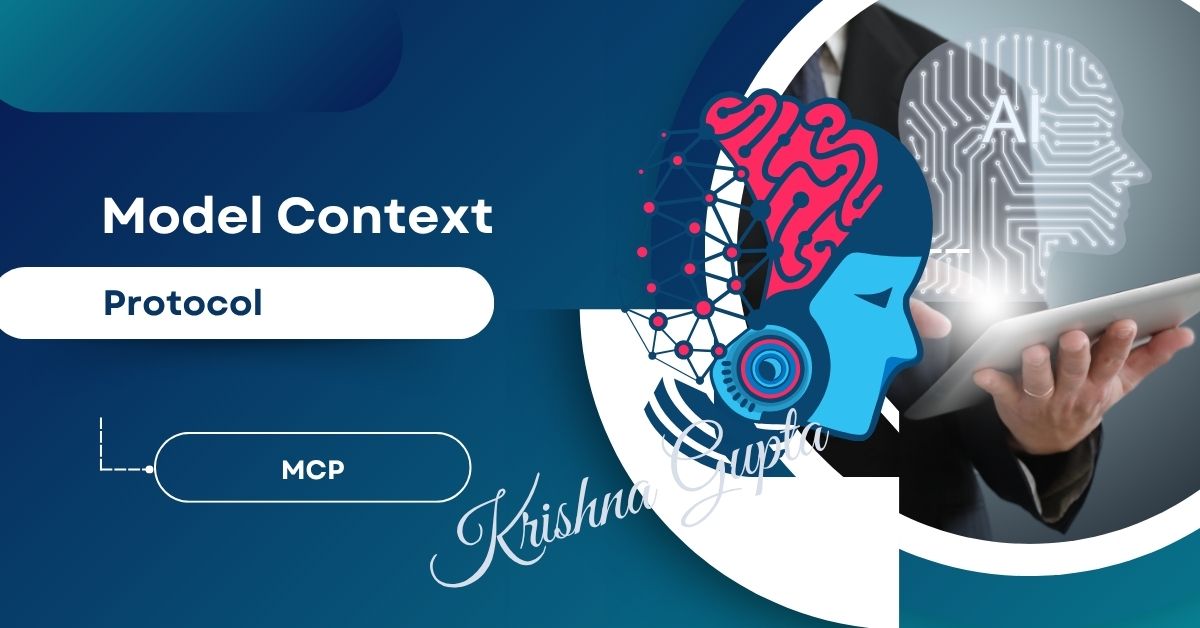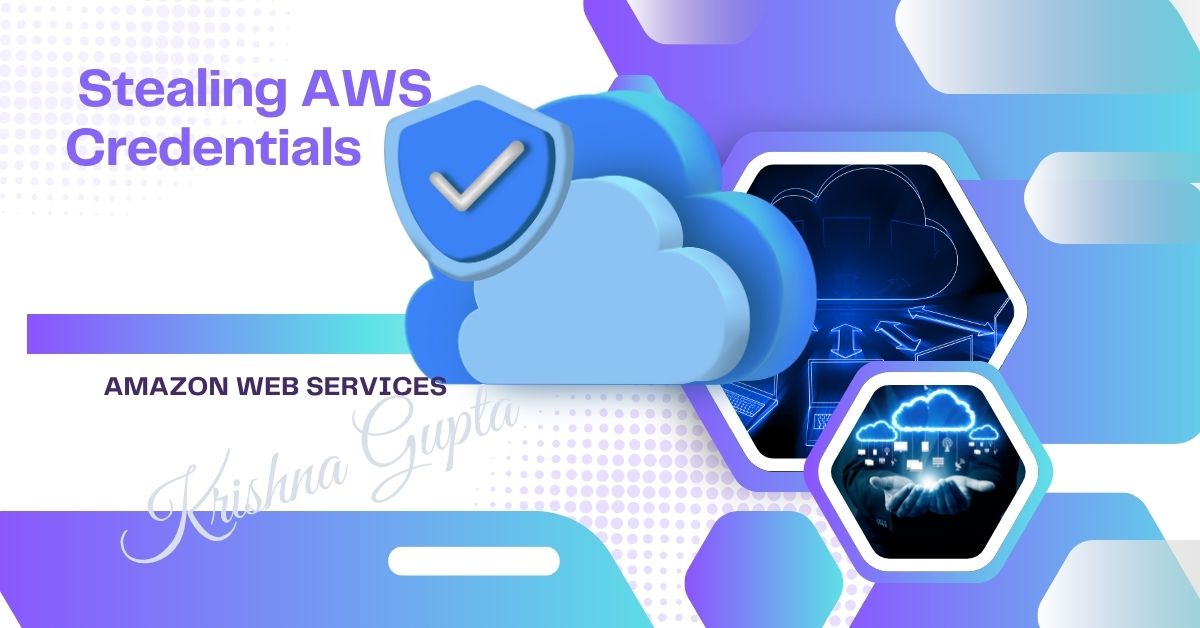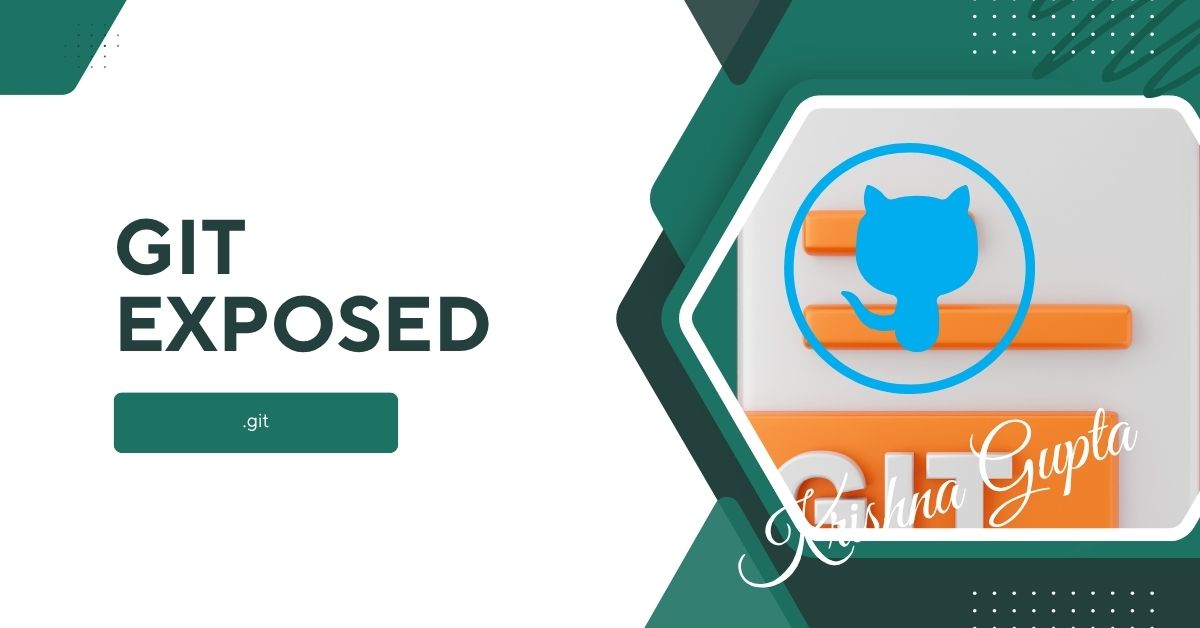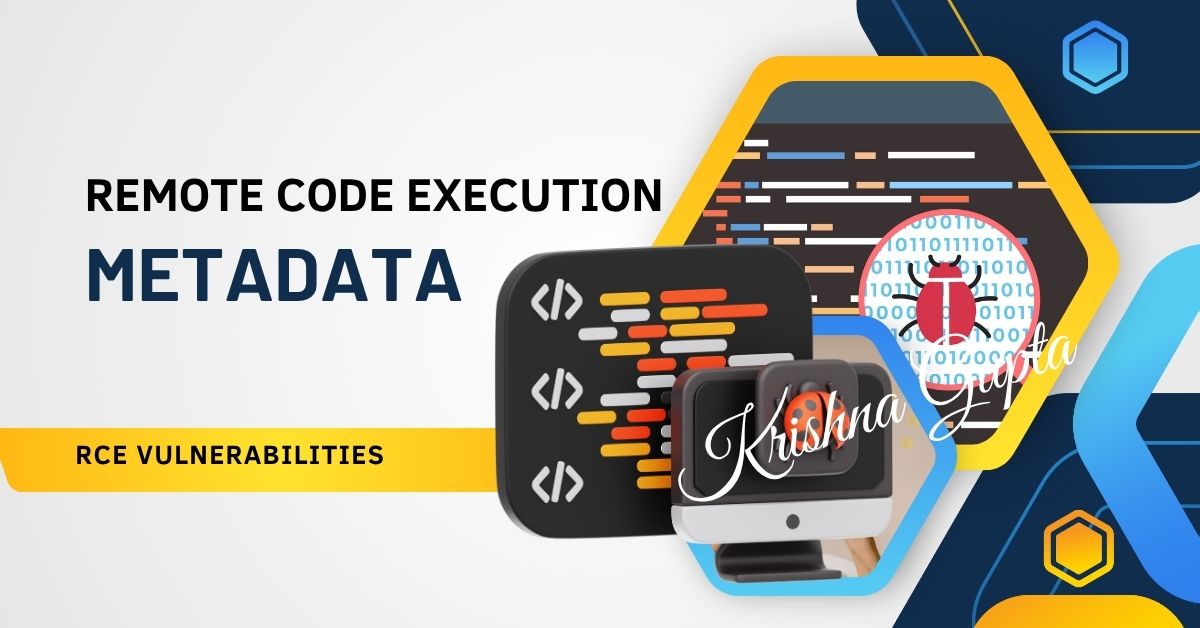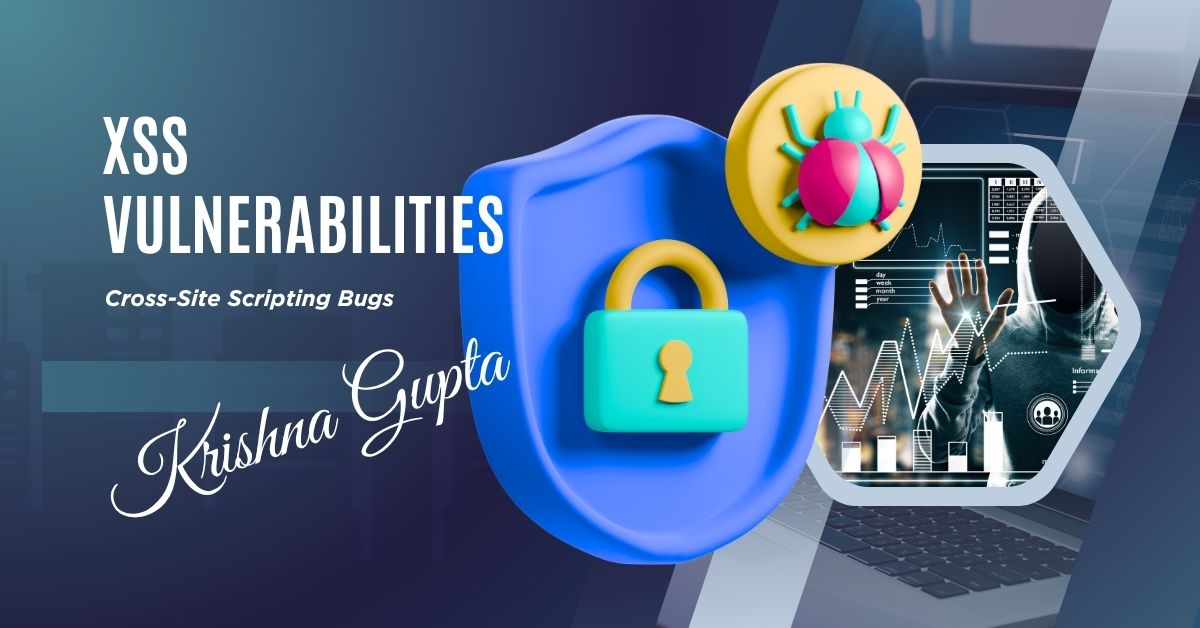Model Context Protocol: Safeguarding Trust in Enterprise AI
In today’s data-driven enterprise landscape, AI systems are evolving rapidly—transforming decision-making, customer engagement, and operations. However, as machine learning (ML) models grow more complex, the risk of deploying “black-box” systems without proper context increases. The **Model Context Protocol (MCP)** emerges as a robust framework designed to bridge this critical gap.
This blog post explores the concept, implementation, and strategic value of the Model Context Protocol, demonstrating how it can **enhance explainability, reduce regulatory risk, and increase ROI** from AI investments. Whether you are a C-level executive driving transformation or a data scientist building models, understanding MCP is essential for future-proof AI governance.
